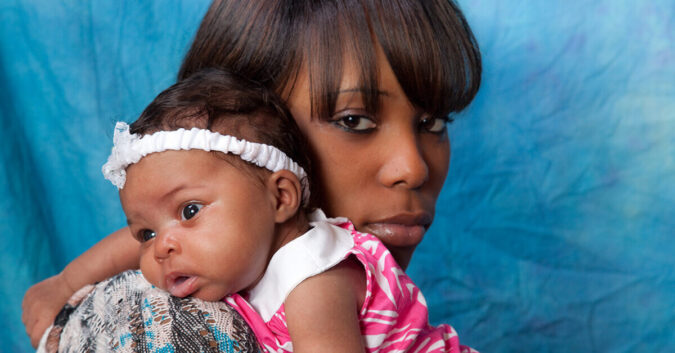There is a disturbing disparity in the risks that mothers face during pregnancy and childbirth. According to a study by the Centers for Disease Control and Prevention (CDC), African-American women in the U.S. are more than 3 times as likely to die from pregnancy-related problems than white women.
A separate study from 2014 found African-American mothers are twice as likely to suffer severe long-term health problems as a result of giving birth. Dr. Elizabeth Howell, an OB-GYN at Mount Sinai Hospital in New York City, published a study in 2016 that found Latina mothers also faced a higher risk of pregnancy-related death or disease when compared with white mothers.
When mothers are at risk before, during, and after birth, so too are their babies. Complications during birth can lead to birth injuries such as cerebral palsy, Erb’s palsy, and other physical and neurological damage.
The findings of recent studies have rightly raised questions as to why and how there is such a big health disparity between women of color and white mothers. Already, 2 democratic presidential candidates — Andrew Yang and Bernie Sanders — have mentioned the statistics at campaign events and debates. The findings also put hard data on a trend that communities of color have experienced for decades.
Birth Risk: Why the Disparity?
Attempting to explain the numbers, researchers first looked at individual neighborhoods and hospitals, but they found the risk disparity between African-American and white mothers often existed within the same maternity ward.
Adjusting for socio-demographic and hospital details, however, researchers still found that the risk of maternal mortality was highest at hospitals with predominantly African-American patients.
This trend may point to at least a partial explanation: African-American women are more than twice as likely to live in poverty than white women, and poverty is associated with higher rates of maternal mortality for all women. Increasingly, the data point to a complex web of problems that combine to undermine the health outcomes of African-American, Latina, and patients of color.
CDC Asks: Is Health Care Racially Biased?
The CDC and other agencies have called for more research into discriminatory factors that may lead to divergent health outcomes. The U.S. Department of Health and Human Services (HHS), for example, issued a report citing residential segregation as another possible factor. That report focused on healthcare access based on geographical location as the determinant of the social and economic resources that individuals, families, and communities have access to.
Emily Petersen, a medical officer at the CDC’s Division of Reproductive Health, said in a report summary:
“These disparities are devastating for families and communities and we must work to eliminate them. There is an urgent need to identify and evaluate the complex factors contributing to these disparities and to design interventions that will reduce preventable pregnancy-related deaths.”
Researchers have also looked into whether or not different types of insurance may be a factor. Some past studies have shown a link between Medicaid and poorer health outcomes. One report published by the Center for Reproductive Rights quoted an anonymous African-American mother in Mississippi who struggled to find Medicaid providers in her area. The Medicaid OB/GYN she eventually found turned out to be cold and judgmental.
“I didn’t want him to deliver my last baby, but I didn’t have a choice; he was the only doctor because I was high risk,” she said. “There was only one Medicaid provider that would treat me. His whole thing with me was, ‘you’re a teenager who’s pregnant, so I’m just going to be very stern with you because I feel like that’s how I have to deal with you.’”
The Need for New Legislation Free of Bias
Stories like the one above have in some states inspired African-American lawmakers to introduce legislation that aims to address biases in healthcare services, and to extend Medicaid for postpartum care.
The fact that there is such a difference in healthcare between African-American and white communities it not a new discovery, but data that show these disparities in such stark contrast can have a major impact.
In a recent opinion column for The Hill, Tracey Lewis-Elligan, an associate professor and chair of the Department of Sociology at DePaul University, detailed how African-American women and allies are working to elevate the conversation and change the narrative around what is possible in seeking greater healthcare equity.
“To be sure, racism, sexism and classism will persist,” she writes. “Still, it will take building on the legacy of African-American activism, organizing resources and philanthropy, and working with allies to avoid a stalled [reproductive] revolution.”
